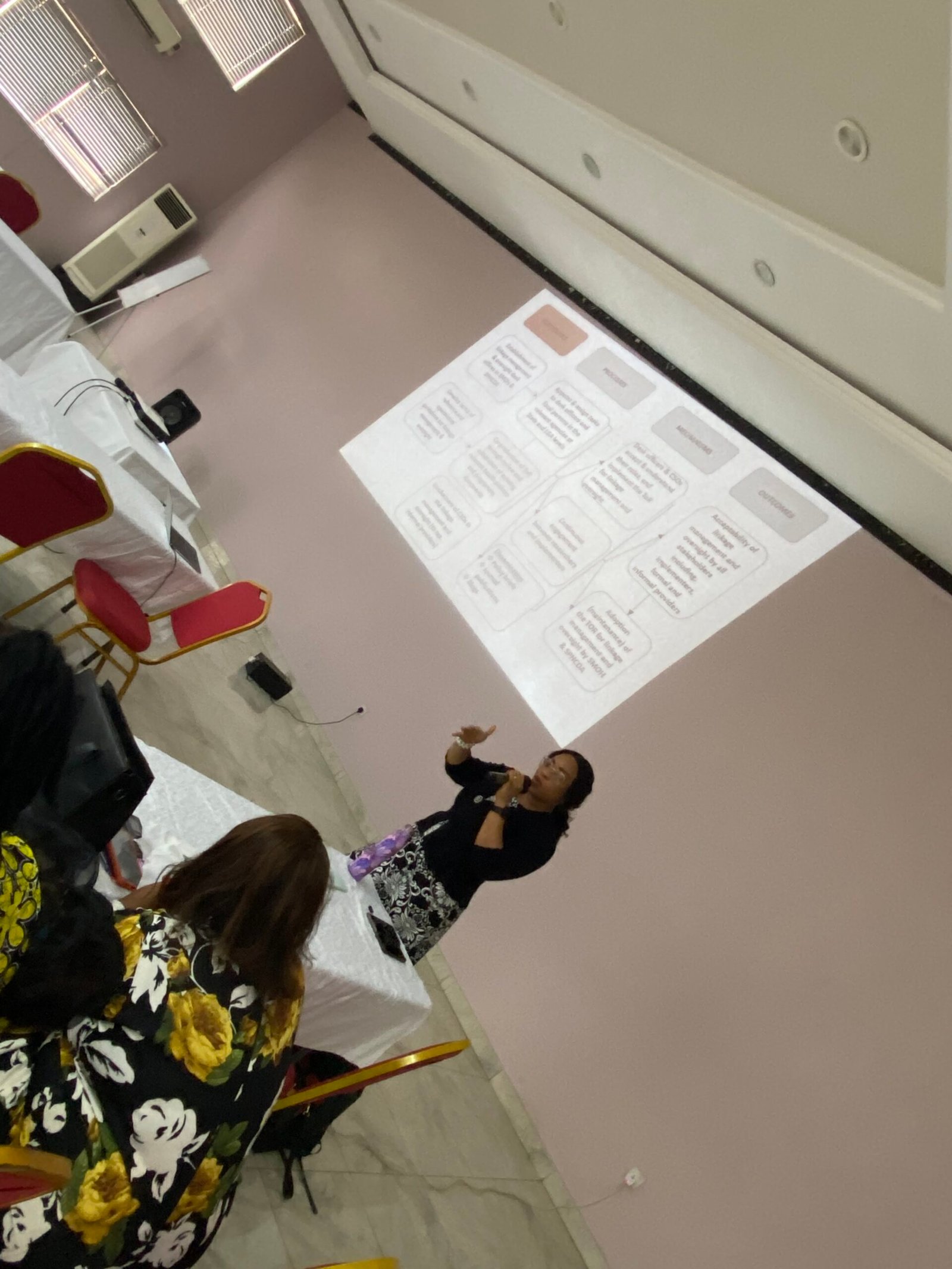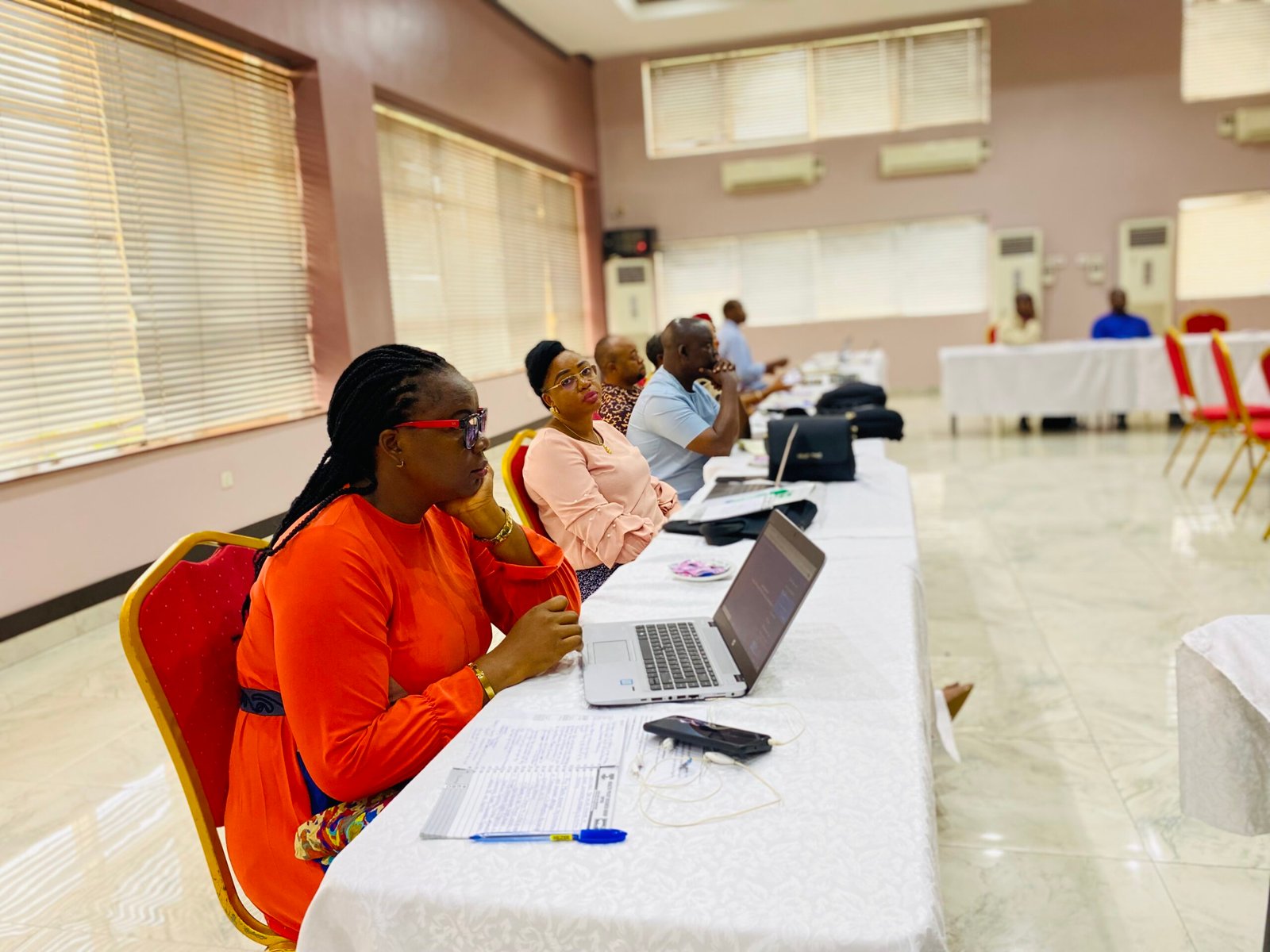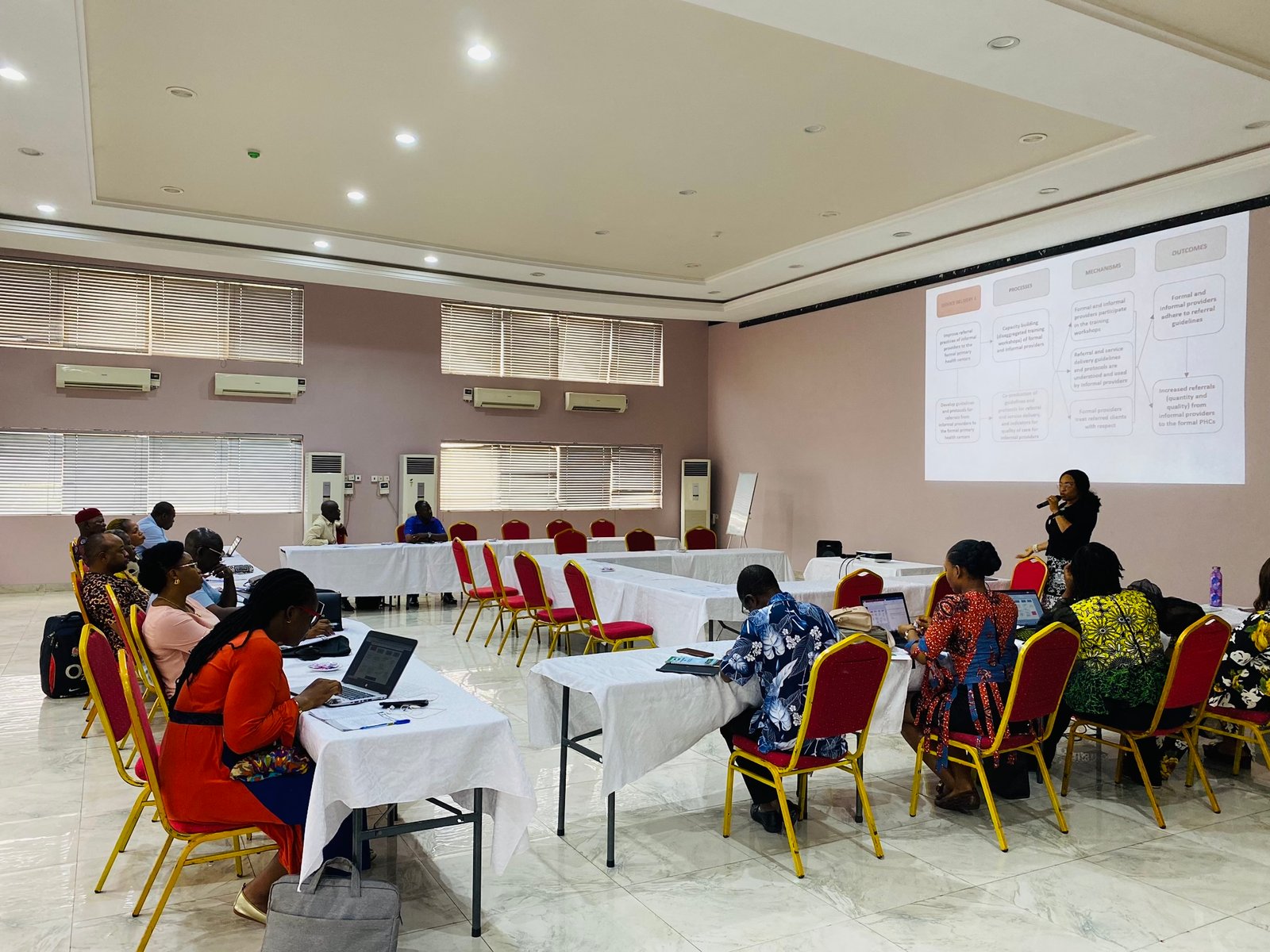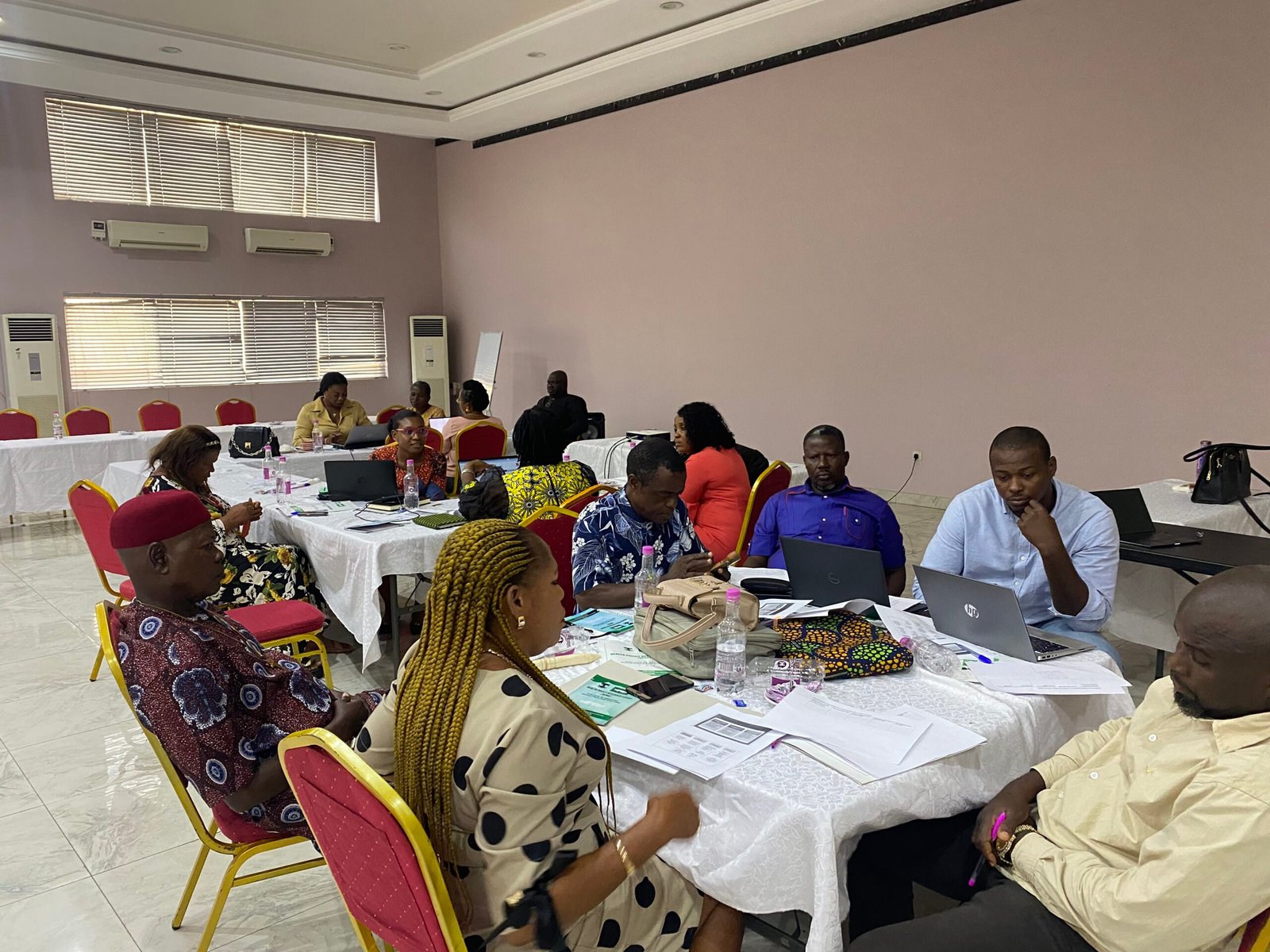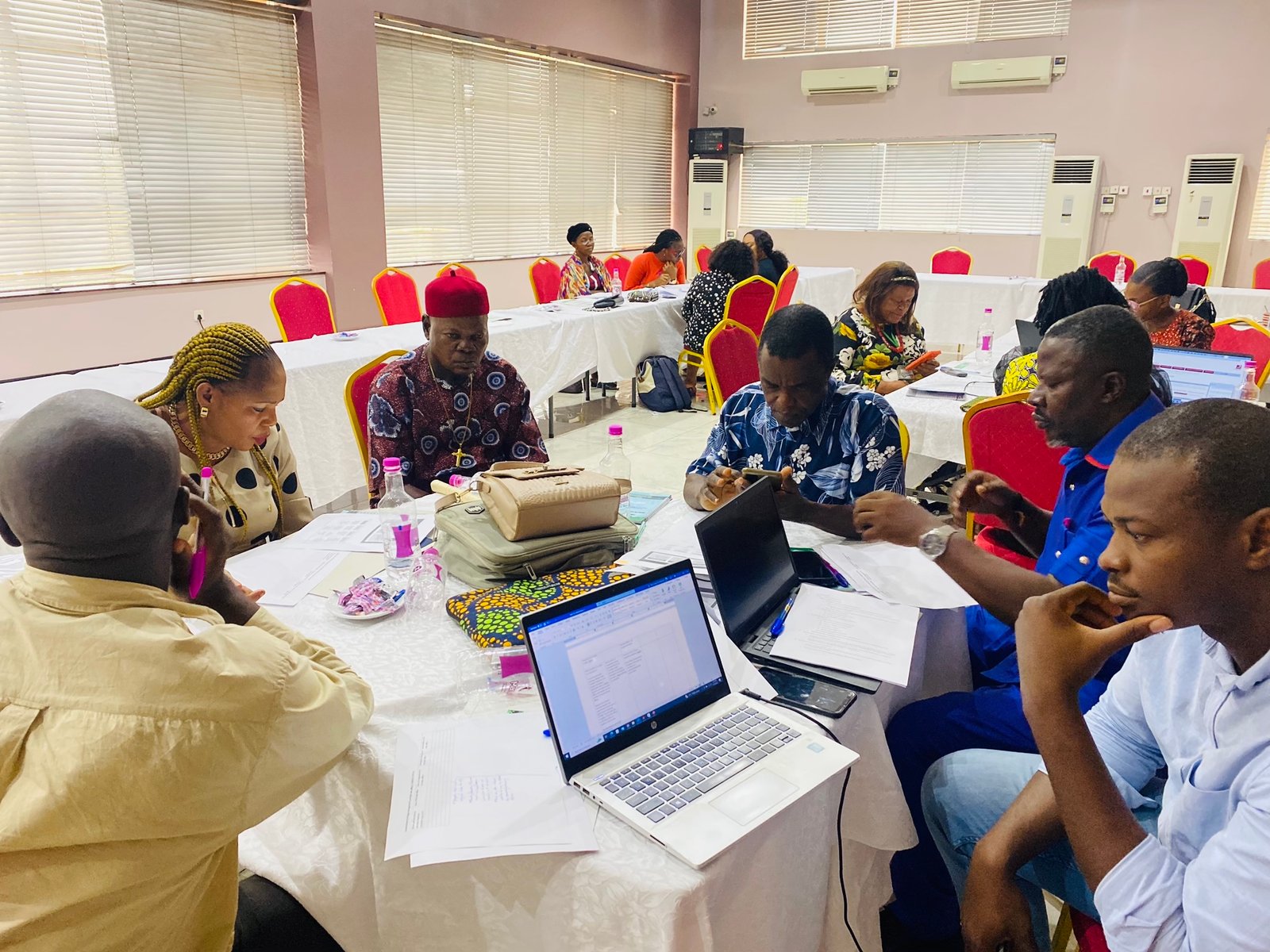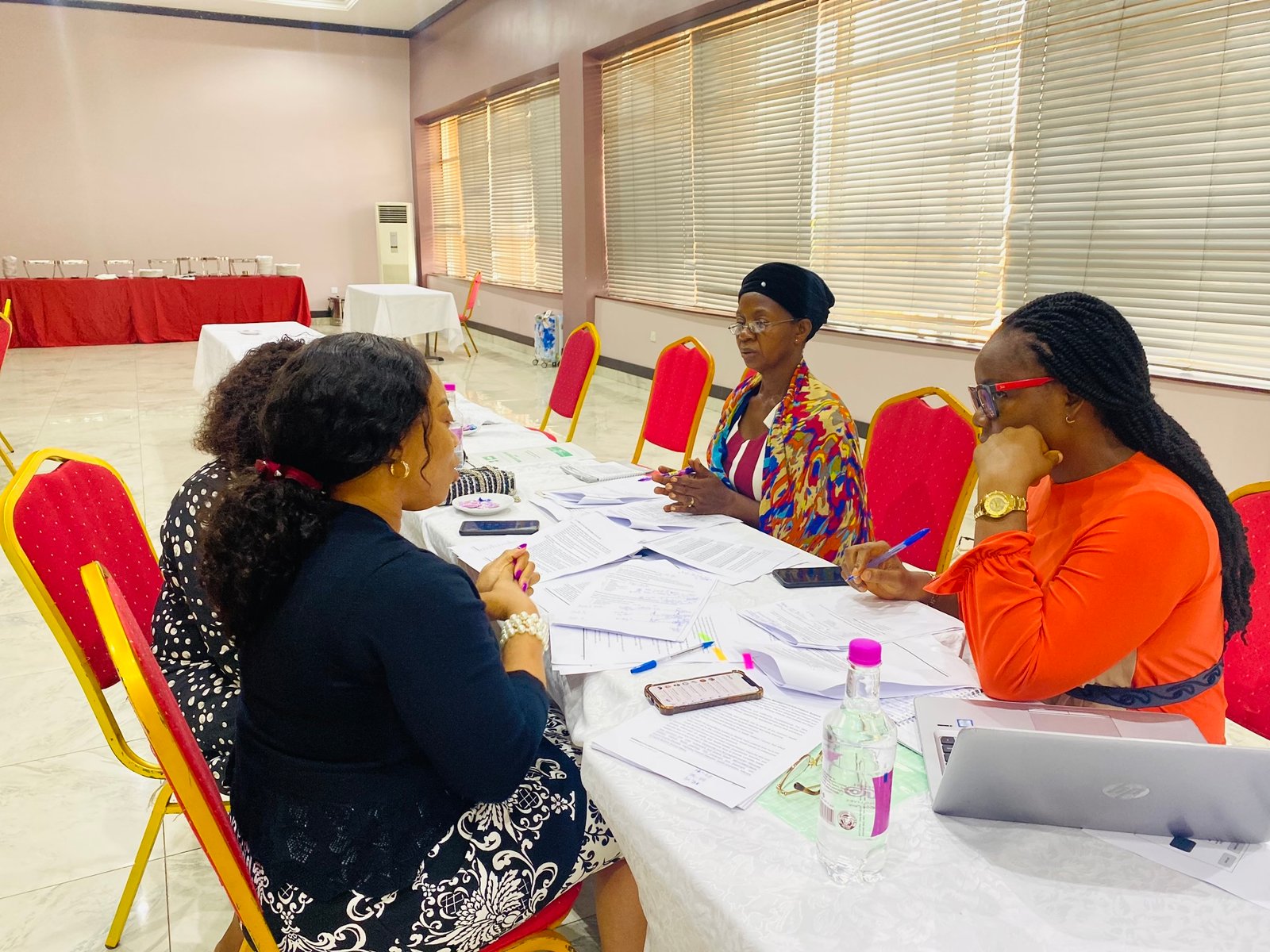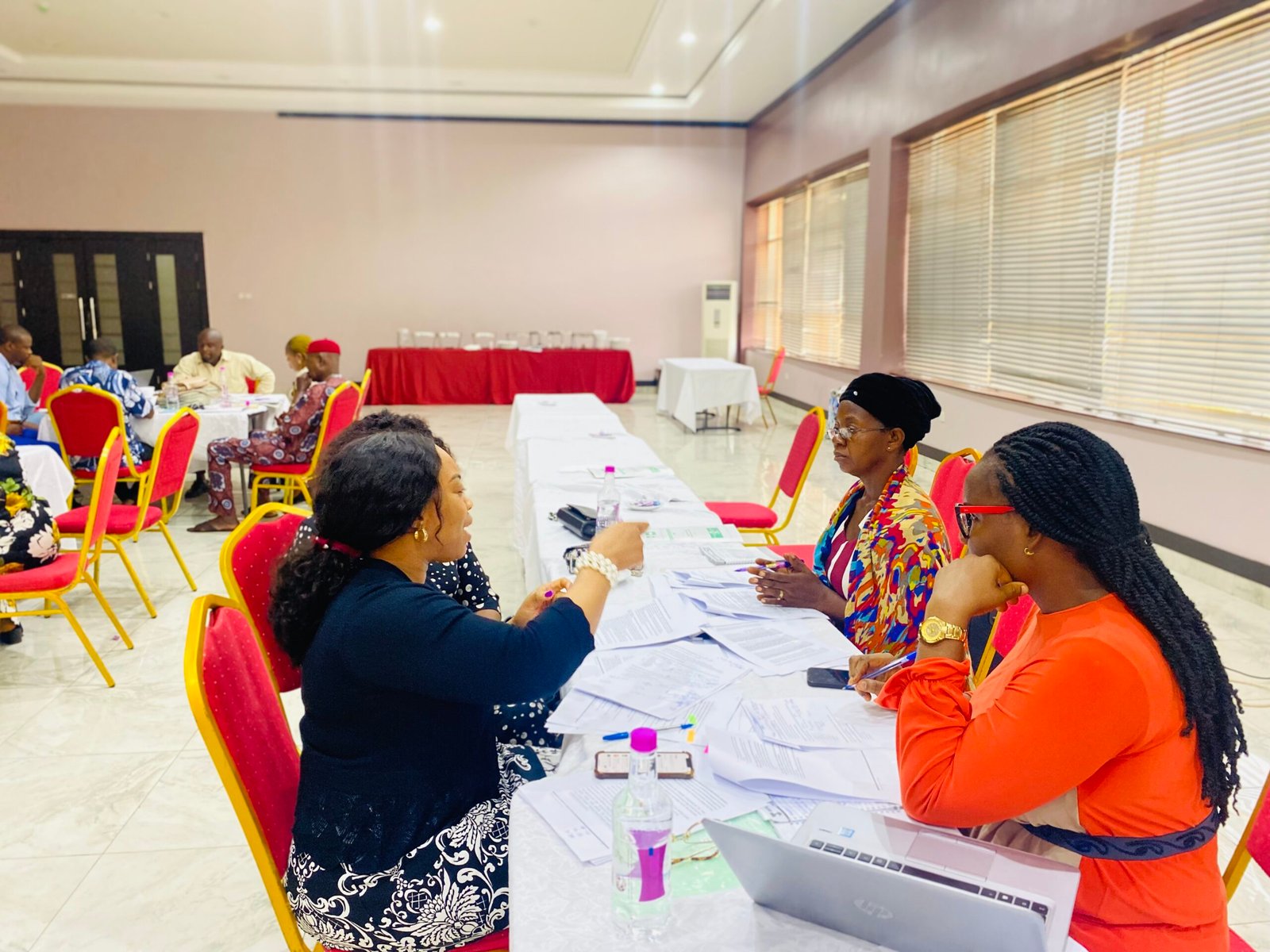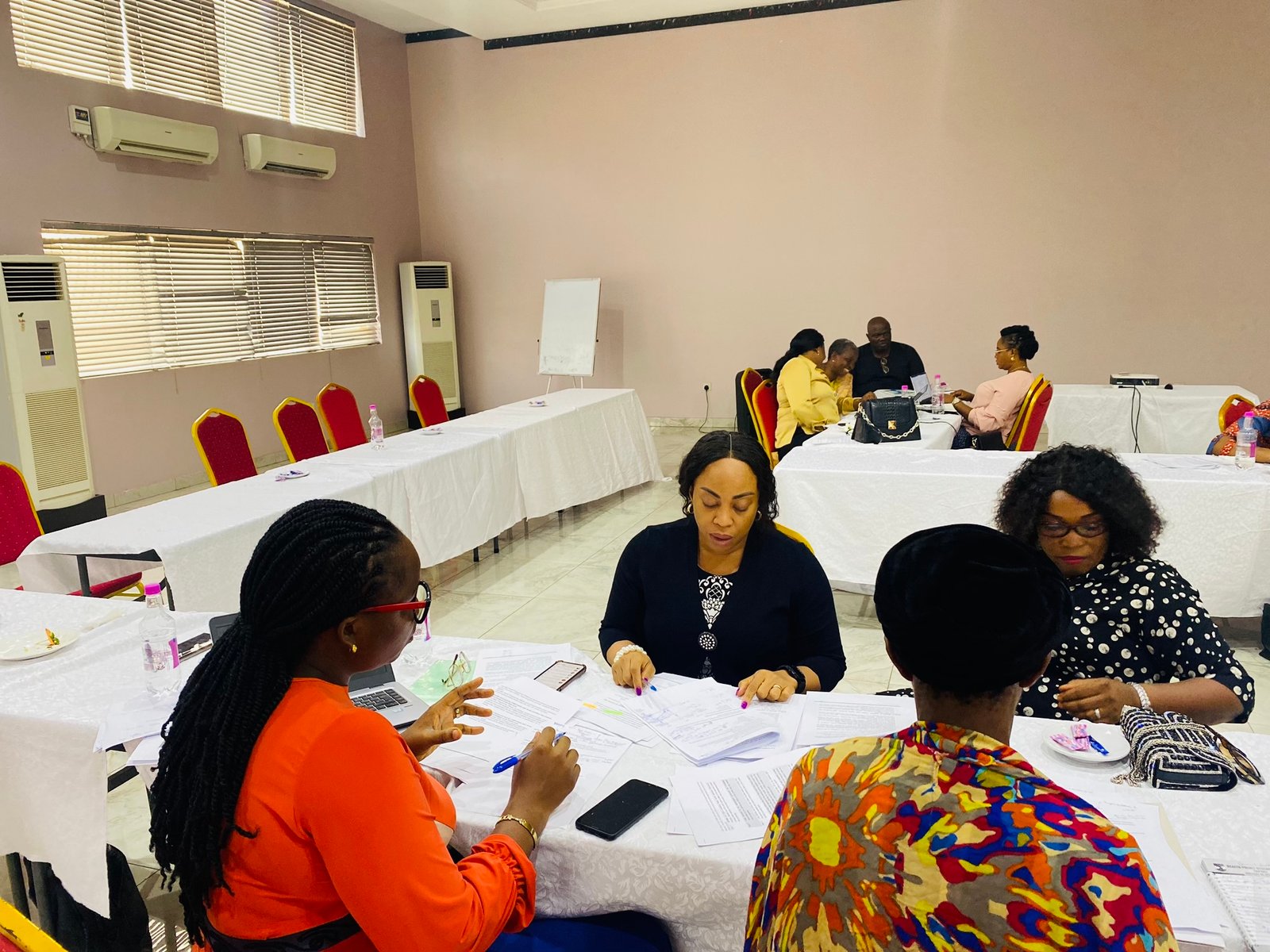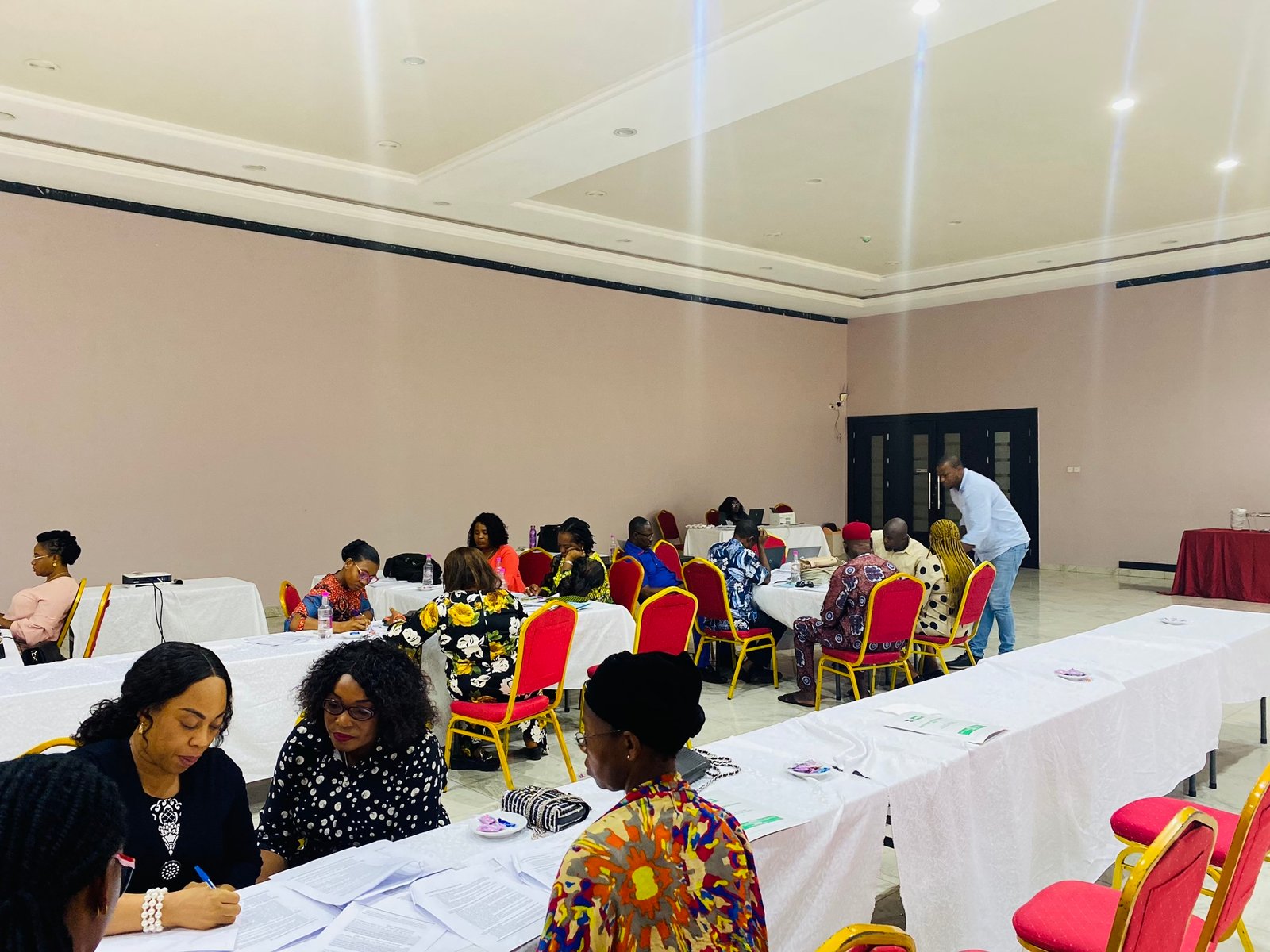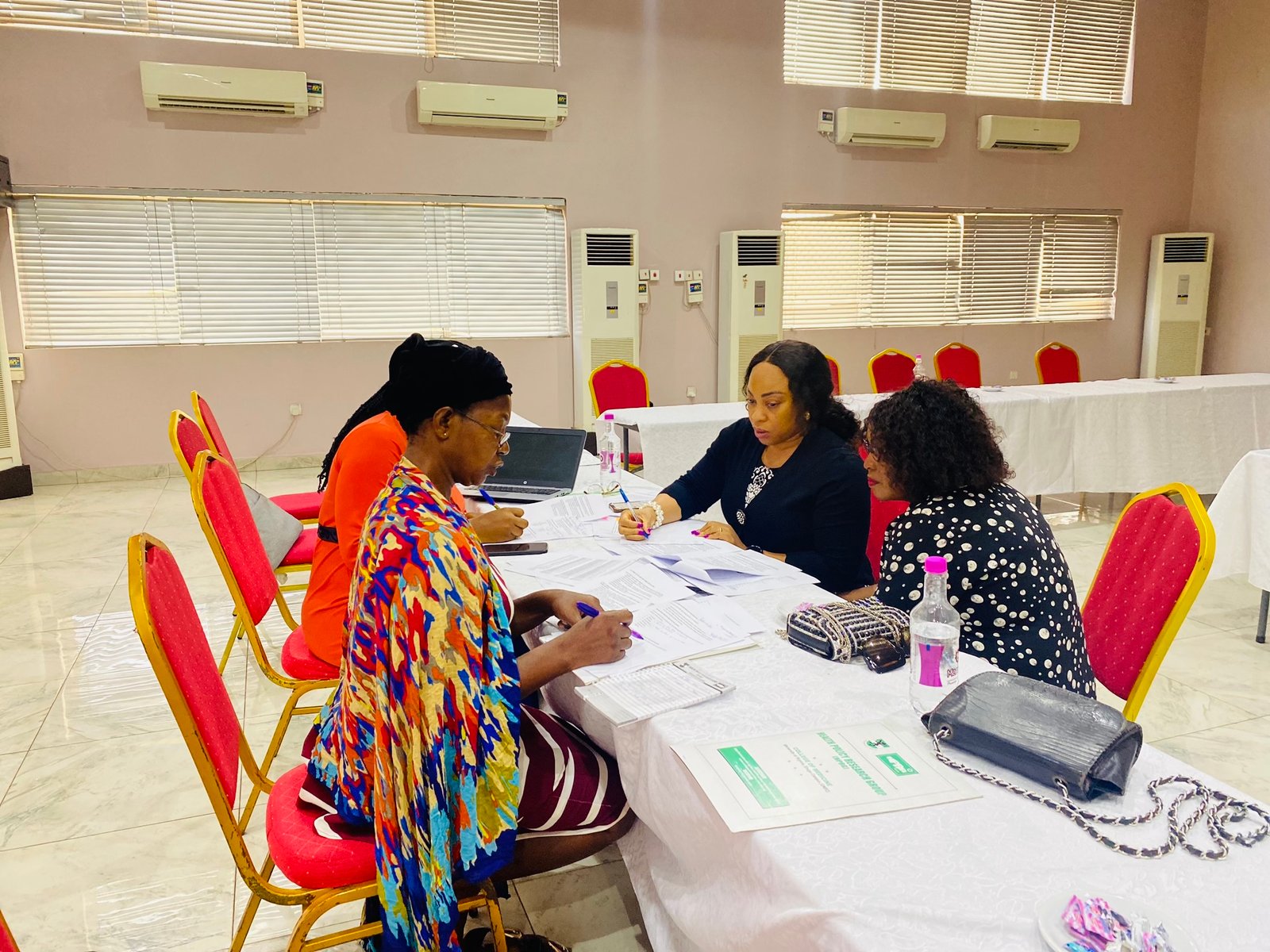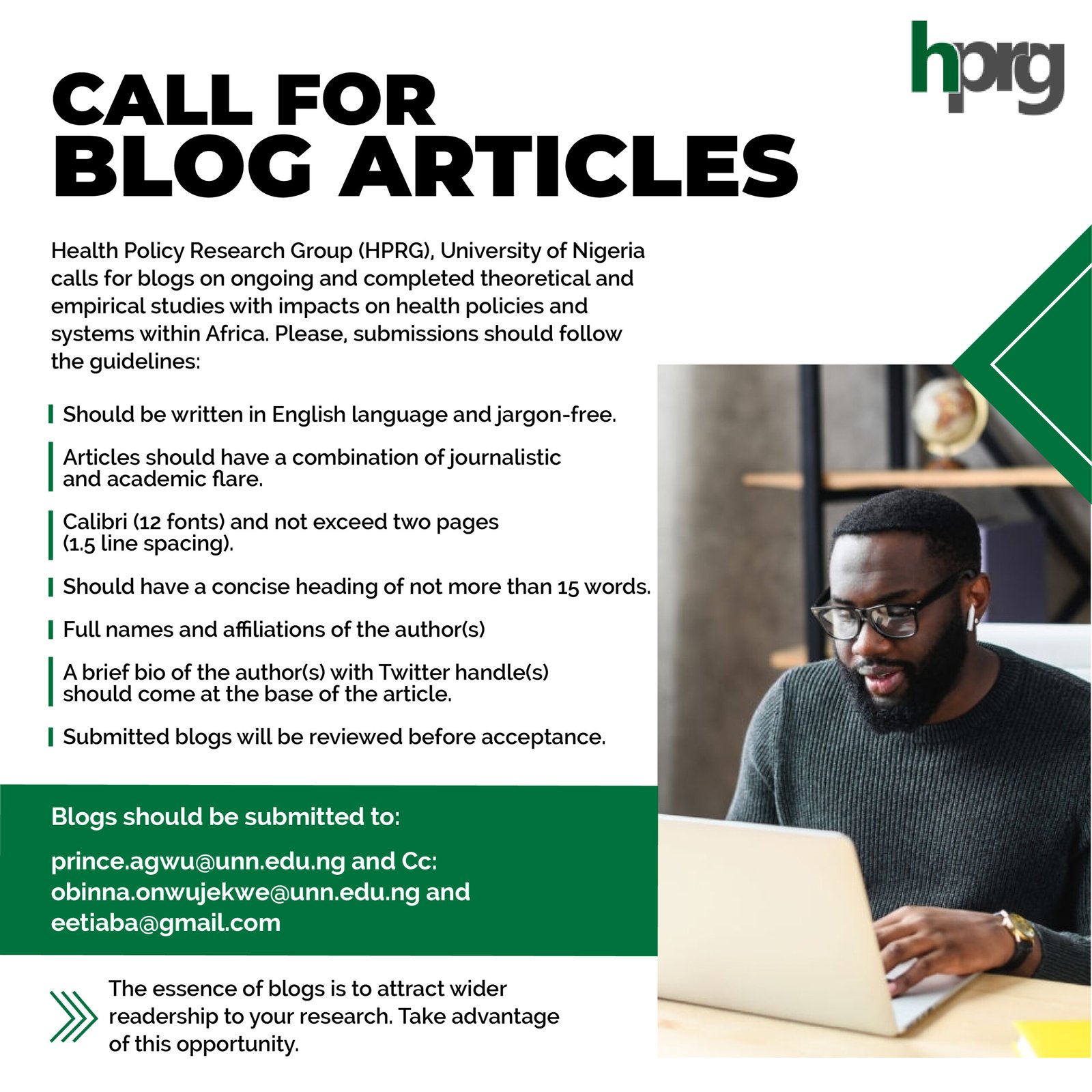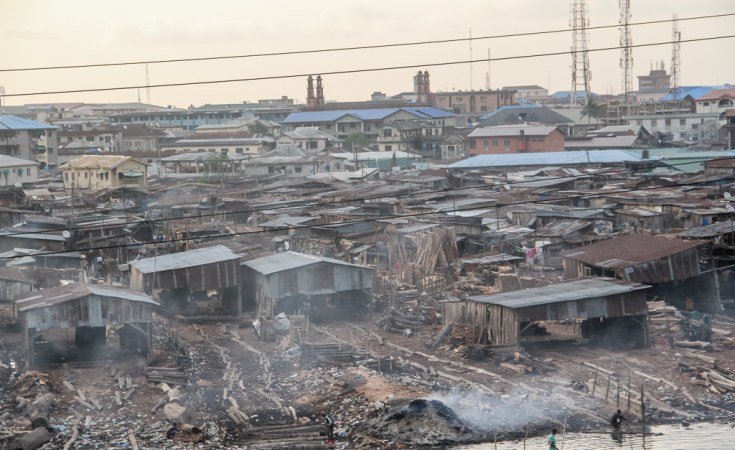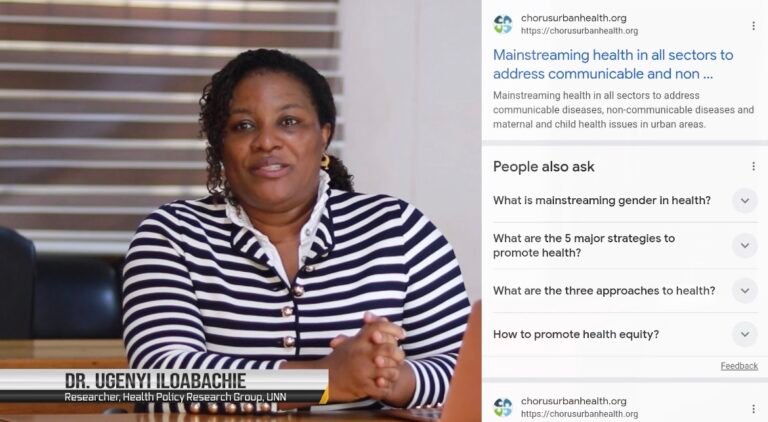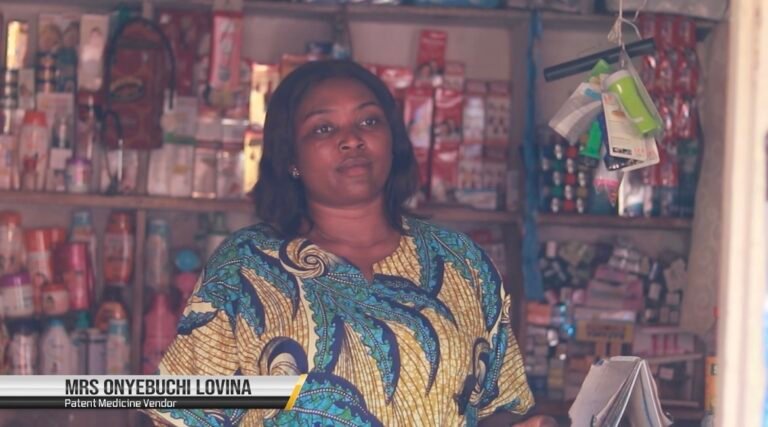Nigerian “ghettos” deserve quality health services
Popularly referred to as “ghettos”, slums have remained in Nigeria, inhabited by those who may not afford to live in well-off urban locations. About 50% of Nigeria’s population live in slums, and there are predictions that more people will relocate to slums if life continues to be difficult.
There have been many positive and negative stories about Nigerian slums. On the positive side, we have heard of several entertainment stars that emerged from slums, including football stars, and very talented technocrats. In fact, the image that is painted for most of Nigerians is that success stories may be incomplete without mentioning living in the slum at a time.
And on the negative stories of slums, we hear about several cases of violence, poor access to sanitation and hygiene, quick spread of diseases, and overall poor living conditions. As regards health, it is of deep concern to the Health Policy Research Group, University of Nigeria (HPRG), that amidst the sufferings in slums, basic quality and safe healthcare is difficult to come by.
HPRG believes that since the government has been slow in improving the overall living conditions in slums or improving lives generally, such that slums will no longer be needed, there should at least be some attention paid to the healthcare of those living in slums.
What is HPRG doing to change the face of healthcare in slums?
Slums are not actually in lack of healthcare services, but the problem is that many of those health services are informal, coming from untrained people. In these slums, people rely on those they call ‘chemists’ (technically referred to as Patent Medicine Vendors [PMVs]), traditional birth attendants who are women that help other women to deliver children in their homes, bone setters, and other traditional healers. These informal health providers are well respected in slums, even though they are not trained and they make medical errors that could take lives.
But then, is it possible that the Nigerian government which spends just about 5% of its annual budget on the health sector can build enough health facilities and employ enough health workers that can serve all the slums in the country that house above 100 million persons?
You will agree that the above question is rhetorical, especially when experts are saying that even the appropriated 5% is yet to yield an actual health value of 5%. Therefore, health systems actors like HPRG, Ministries of Health, Primary Healthcare Agencies, healthcare unions, etc., must begin to think differently about improving healthcare in slums using available resources.
The strategy of linking informal health providers to a formal health system
Recall the untrained people providing healthcare services in slums – the PMVs, traditional birth attendants, etc.? Do you think they are useful?
Interestingly, HPRG on the CHORUS urban health project has been conducting a study on health service delivery in urban slums. The team has mapped out many informal and formal providers in slums in Enugu and Onitsha and can affirm that a lot of informal health service deliveries go on in slums. Informal providers in slums help their neighbours to deliver children, treat them for malaria/fever and several illnesses, help them to correct dislocated and fractured bones, etc. So, indeed, we can give them flowers because they are doing what they can to meet the health needs of their neighbours who are poor, not so educated, and may not be able to access good health facilities because they are not available. Nevertheless, not so many of these cases turn out successful. Thus, what should we do?
In the urban health study conducted by HPRG, the research thinktank has seen that it is possible to pull these informal providers into a formal system that can monitor their activities, provide them with responsive health facilities where they can make quick referrals, train them to know the scope of health issues they can handle and how to offer basic attention to them, and importantly, identify and sanction those informal providers that continue to be a threat to safe healthcare for those living in slums.
Stakeholders continue to converge to shape and implement the findings from HPRG
In what is technically referred to as “co-creation of interventions”, HPRG has pulled together stakeholders from diverse sectors to chart ways forward for safe and quality healthcare in slums. The sectors include, The State Ministry of Health in Enugu, State Primary Healthcare Development Agency, Community Leadership, Unions of informal and formal providers, informal and formal frontline healthcare providers, and the academia. The first co-creation meeting was held between February 6 and 9, 2023, and the second, held on 25th May 2023.
Resolutions from the co-creation meetings so far
The stakeholders have agreed that to guarantee quality and safe healthcare in slums, three areas of focus should include governance, service delivery, and information management. Across the three areas, the proposal which will be implemented includes among others:
- Establishing a desk office at the Ministry of Health to coordinate the linkage of the informal health providers into an efficient formal health system.
- Through the desk office, identifying, registering, and training informal health providers to understand the scope of health services they can offer.
- Ensure that the desk office works with focal persons in the slums to monitor activities of informal providers to be consistent with safety.
- Providing a standard guide for referrals from the informal to the formal, including a simple referral form.
- Training informal providers on some good practices in health service delivery that can enable them to perform quality basic care and to know when to refer cases exceeding their scope to functional formal health facilities around them.
- Provide data collection tools for all activities within the informal health space in the slums and the connections with the formal health system.
In all, the policymakers, providers, community leaders, and representatives of the unions of the providers are appreciative of the findings coming from the urban health study being conducted by HPRG. They have looked through the interventions and have agreed that the interventions are feasible to implement. Steps have been designed on how to go about implementing the interventions, and in the coming months, it is believed that reasonable progress will be made to make the healthcare space in slums to be safe.
Acknowledgment of contributors
| Prince Agwu (PhD) |
| Chinyere Mbachu (MBBS, FWACP) |
| Obinna Onwujekwe (MBBS, PhD) |
Photo Gallery
